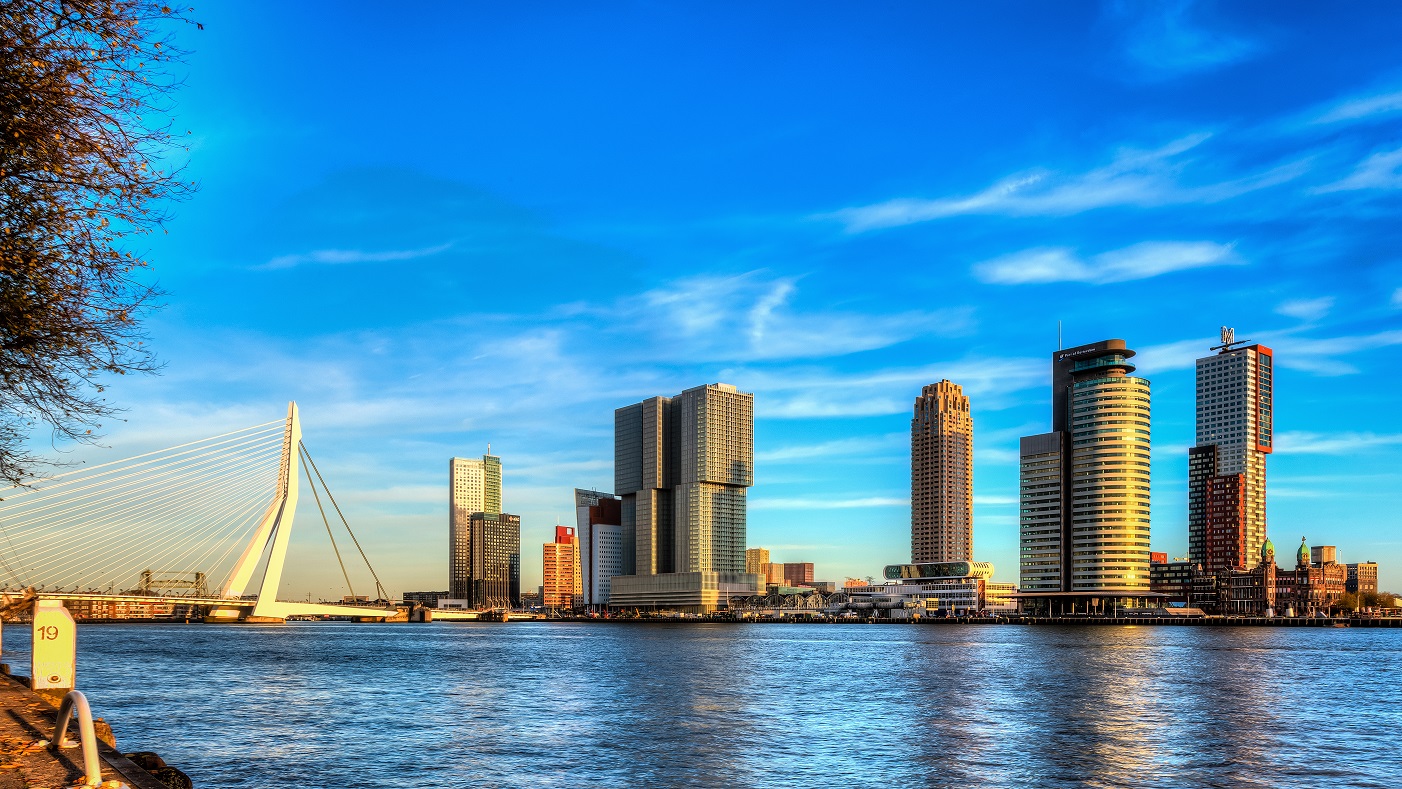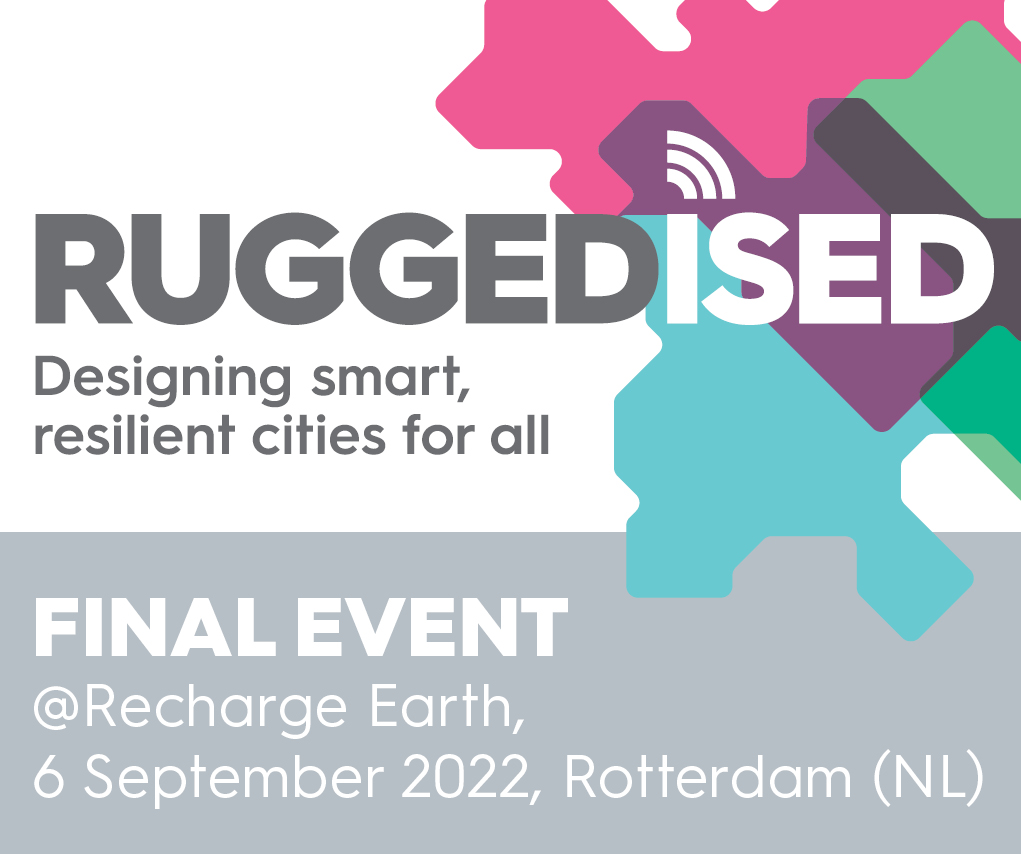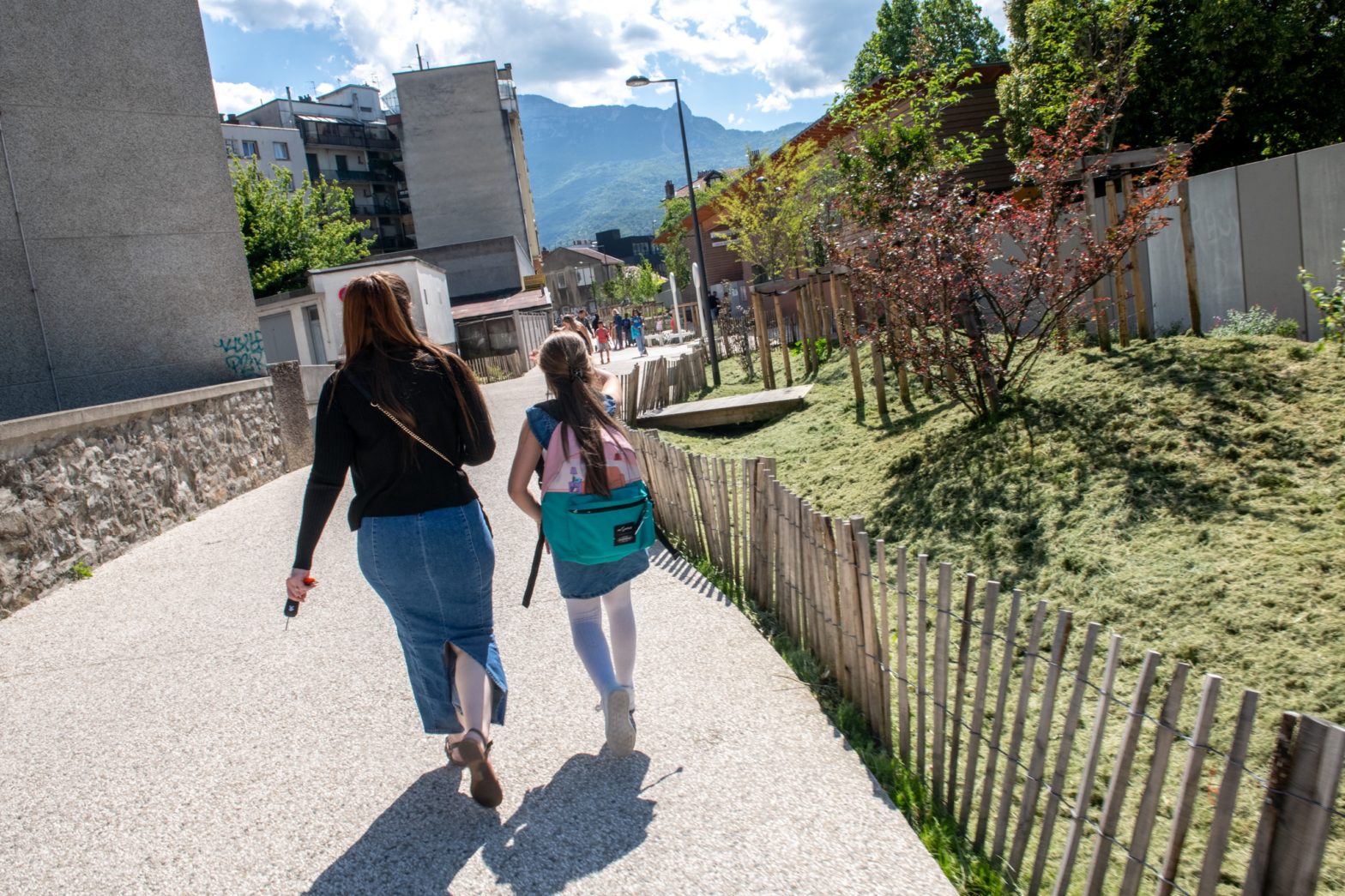
Smart cities are leading Europe’s transition to climate neutrality
18 August 2022
The EU Mission for 100 Climate Neutral and Smart Cities by 2030 has captured Europe’s attention – and desire for a better future.
Glasgow (Scotland), Rotterdam (The Netherlands) and Umeå (Sweden) are among the 100 cities –with 12 more from countries associated with the European Union – selected to forge Europe’s path to climate resilience. Their mission? Pursue innovative avenues to achieve climate-neutrality and position Europe to become the world’s first climate-neutral continent, with support from the NetZeroCities project.
As a result of their transition from energy innovators to climate-neutral pioneers, Glasgow, Rotterdam and Umeå’s smart city experience offers concrete steps for other European towns and cities to follow on their journey to a sustainable future.
Sharing solutions
Sharing of Glasgow, Rotterdam and Umeå’s smart energy solutions has already begun as part of the EU project RUGGEDISED: city initiatives developed under the project are being replicated in Parma (Italy – also selected to take part in the Cities Mission), Brno (Czech Republic) and Gdańsk (Poland), with knowledge readily available for others to consult.
These RUGGEDISED cities’ steps toward sustainable and efficient energy management are a vital part of their appointment as members of the EU Cities Mission. Looking at Glasgow’s practical smart meter solution for apartment residents, Rotterdam’s Smart Thermal Grid, and Umeå’s smart control equipment installed across its University Campus, it’s not hard to see why.
Energy action accelerates European climate response
Glasgow needs no introduction when it comes to climate: the city is living up to its name – which means ‘Dear Green Place’ – by spearheading climate solutions that protect the environment and citizens.
At the same time, its approach to energy underscores the importance of emissions savings and the need to reduce energy poverty. This is being put to the test at the Drygate high-rise block where the Wheatley Group seeks to alleviate fuel poverty and give residents more control with the installation of smart energy meters in every apartment. The simple, yet effective solution has significantly lowered costs for residents, in addition to providing higher levels of comfort, according to satisfaction surveys.
The meters have been shown to reduce total energy use by up to 30 percent and have cut individual energy bills by up to £300 in recent years. The success of the solution has led to plans for the smart meters to be upscaled in at least 10,500 households across Glasgow.
Meanwhile, the City of Rotterdam continues to advance its legacy of innovative energy leadership with the implementation of a Smart Thermal Grid in the Hart van Zuid neighbourhood. The grid uses energy extracted from wastewater, pavements and more, to fulfil energy demands. Hart van Zuid is already experiencing positive impacts as a result of this initiative: the geothermal heat-cold storage reduces energy consumption by 924.000 kWh per year, which results in a CO2 emission reduction of 70 tonnes per year.
Rotterdam is also cooperating with local stakeholders so they too can profit from energy savings. To boost buildings’ clean energy production, more than 18,000 m2 of solar panels are being installed on rooftops in the area and connected to the grid. The benefits for local businesses are unmistakable: energy bills are shrinking and jobs are being created for local energy infrastructure companies.
Another critical part of achieving climate neutrality and creating smart cities is the renovation of existing buildings. A recent analysis from the International Energy Agency estimates that Europe could reduce energy imports by up to 5.4 million cubic tonnes per day by improving its energy efficiency. A project in the University District of Umeå presents valuable insight on intelligent building control systems as a way to reduce energy consumption and lower peak demand.
Since October 2019, sensors that control air flow, climate and lighting in 130 offices across the Umeå University Campus have been connected to a smart control system. The design of the sensors and control system allows the air flow, lighting and climate adjustments of each room to be determined by the degree of current and expected occupancy. Umeå’s local hospital is testing similar sensors to see how the smart control system could be integrated into existing energy systems, a challenge that many buildings across Europe will face in the near future. Initial findings demonstrate that the smart energy system can save up to 10 percent of energy consumption and reduces energy usage during peak demand by 25 percent.
Taking advantage of experience
Glasgow, Rotterdam and Umeå’s ambitious energy actions, showcased by initiatives like the Drygate smart meters, Smart Thermal Grid and ‘University Campus smart control system, prepared them for the EU Mission for 100 Climate Neutral and Smart Cities and to act as leaders in Europe’s pursuit of climate-neutrality.
By taking a closer look at these cities’ work, peers can avoid setbacks and advance their own climate-neutral journeys, while moving Europe toward a resilient future.
Brought to you by:
















